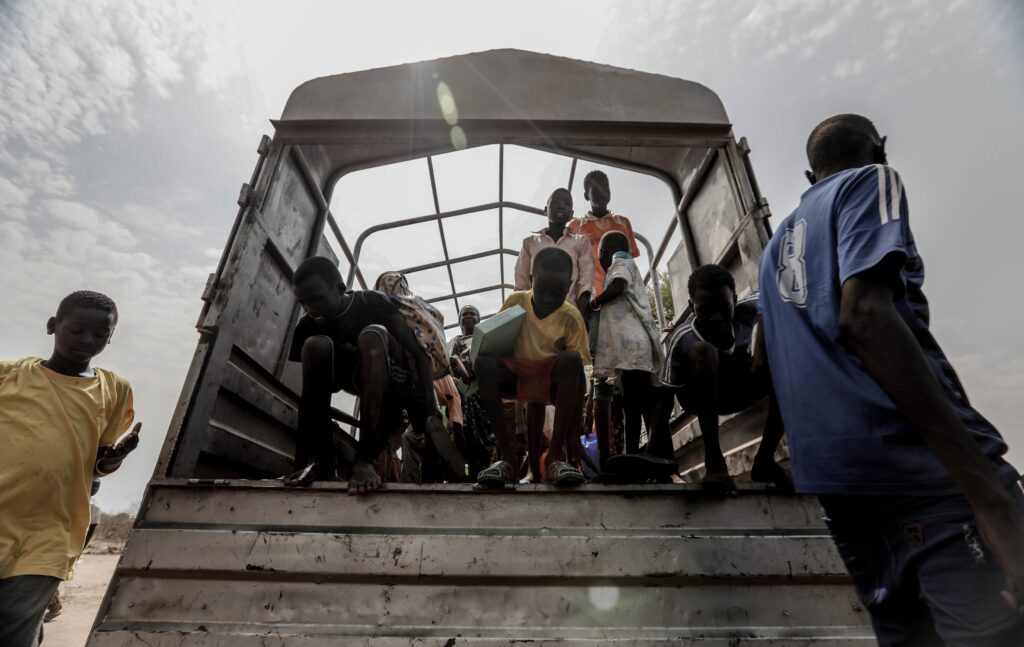
By Amber Bereznyckyj, History and Creative Writing student at the New College of the Humanities
Thanks to ‘Brexit Freedoms,’ the Johnson government have created an ‘Innovative approach’ to the migrant crisis, much to the dismay of countless charities and the UN High Commissioner for Refugees, Filippo Grandi.
Last year, there was a 63% increase in asylum seekers entering the UK compared to 2020, a change likely due to lessening Covid restrictions. Nonetheless, this is the highest it has been in twenty years, and Prime Minister Boris Johnson along with Home Secretary Priti Patel, have felt it necessary to be ‘innovative’ in their approach to the migrant crisis. Last month, Johnson announced that all single, male refugees who had arrived in the UK since January 1st 2022, must enter a £120 million pilot study where they will be forced to settle 4000 miles away in Rwanda. The study seeks to understand if forced migration to developing countries is more beneficial for migrants than settling in the UK. The innovative approach was inspired by the idolised Australian immigration policy, which is now gaining a backlash for sending refugees to Nauru and Manus Island in Papua New Guinea.
Last April, Johnson signed the deal with the Rwandan government in Kigali as an attempt to break the business model of ‘vile people smugglers.’ He believes that such a deterrent, which makes illegal immigration undesirable, will dry up the human trafficking industry. They hope that, as a result, more migrants will choose legal routes to enter the UK. However, refugee organisations have raised concerns about Rwanda’s historically turbulent human rights record, such as the infamous 1994 genocide, deeming the new deportation policy ‘cruel.’ Others worry about the country’s readiness to receive migrants, especially after BBC found that the accommodation available in Rwanda is only able to process 500 individuals annually. The UN High Commissioner for Refugees, Filippo Grandi, thereby announced that the scheme was ‘contrary to the letter and spirit of the Refugee Convention.’
Originally, Johnson stated that deportations would start ‘within weeks.’ However, Priti Patel has faced legal obstacles in the first weeks of May. These issues were only enhanced after the Archbishop of Canterbury publicly called the policy ‘anti-christian’. A team of solicitors from Harjot Singh of Twinwood Law Firm, hired by an asylum seeker eligible for removal, stated that Rwanda is not a ‘safe country’ for many refugees. Their major concern is that the government does not provide asylum seekers with access to unbiased courts of justice. The Rwandan political culture relies on local community justice. In light of the rebel groups’ activity, the functioning of the judiciary system becomes even more complicated. Arbitrary determination of deportation also breaches the Geneva Convention.
Yet while there is much criticism concerning this new ‘migrant and economic partnership,’ it appears to be a ray of hope for many Rwandans whose businesses have suffered from the pandemic. It has also started a trend of European collaboration with African countries, with Denmark now discussing a similar scheme with Rwanda.

Contributor to The London Financial
We combine research produced by students and early professionals into a single website, breaking down the barriers to entry individuals face in a number of industries.
Contributor opinions are their own and do not necessarily reflect the stance of the LF.